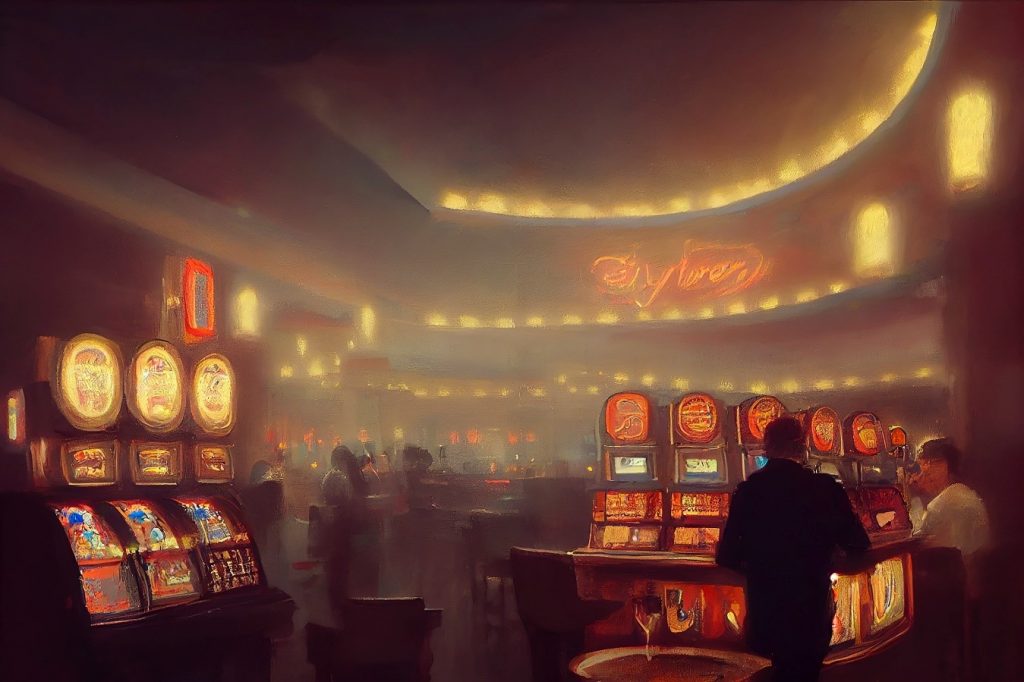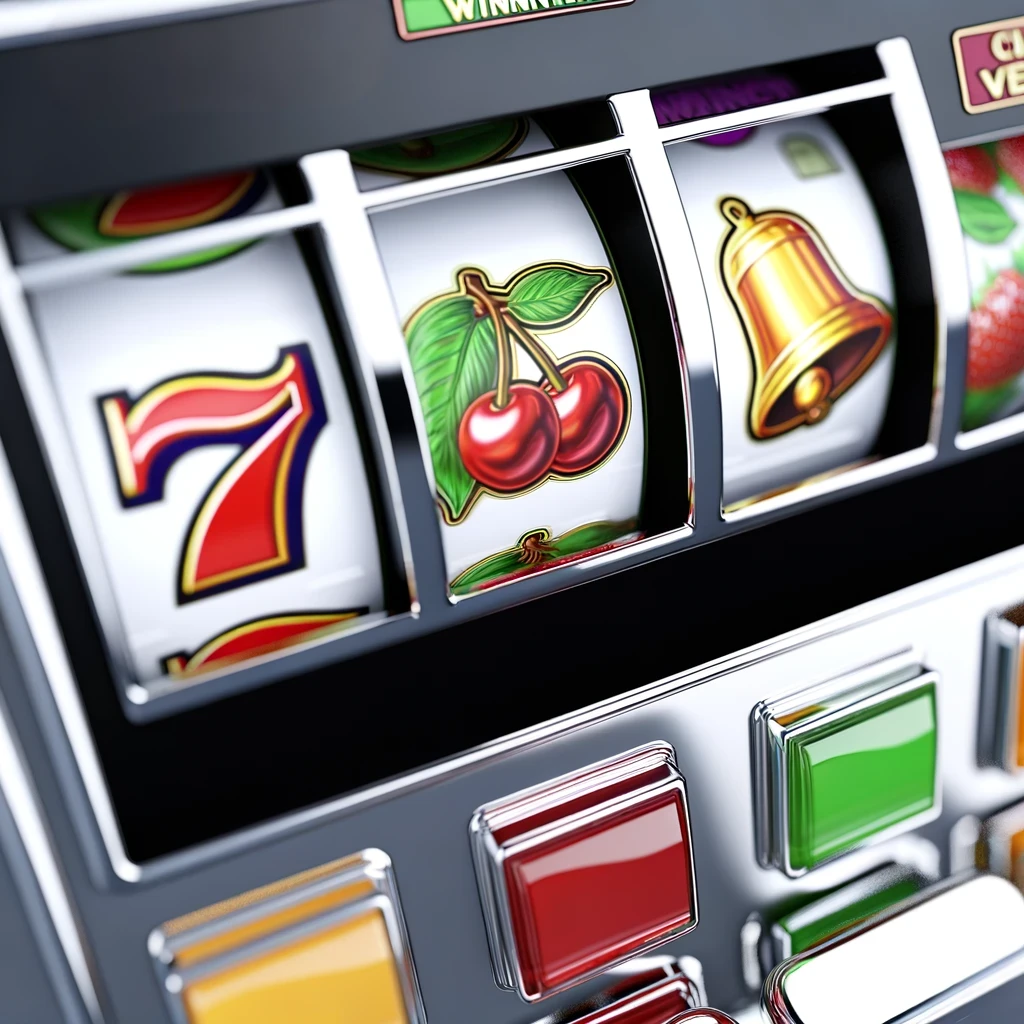
Jackpot Bob is an interactive electronic casino club with over a decade of experience in the industry. The Curacao Government licensed this online casino. It includes a tremendous catalog of games, telephone support, and a functional mobile site that permits gaming moving.
Read this guide fully to familiarize yourself with the platform and determine whether it merits a spot on the best casino website destinations for 2024.
Why Jackpot Bob is a Stands Out
Bob Casino is a web-based casino powered by games from Betsoft, NetEnt, Evolution Gaming, and others. Below are a few features that make it stand out.
Methods of withdrawal
A consistent and convenient withdrawal process is essential for a positive gaming experience. Online casinos present withdrawal techniques that are accessible, taking into account their speed, dependability, and usability.
A legitimate casino ought to give an assortment of withdrawal options, permitting players to cash out their rewards with practically no pointless delays. Whenever you try this casino’s withdrawal methods, you’ll be intrigued by their efficiency and usability.
Jackpot Bob casino pokies
Bob Casino has a lot of pokies on offer, as well as those free spiners you can explore. They are enough to certainly enough to keep any red-blooded Kiwi entertained for some time.
Among the pokies on offer are Wolf Gold, Starburst, Money Train 2, Book of Dead, Divine Fortune Megaways, Gold Digger, Super Cash Rush, and hundreds more.
Graciously, and what’s real, is that when you click on “play for fun” on some random game, you can play that game free of charge. Of course, you won’t win any real cash; however, it won’t cost you anything either.
Client support and experience
Proficient and responsive client service is significant for settling any issues or requests that players might have on jackpotbob.com.
We assess the availability and quality of customer support channels, such as live chat, email, and phone support.
Furthermore, the casino’s reputation for prompt and agreeable resolutions to client concerns. You’ll receive uncommon client support at this casino, guaranteeing a smooth and positive gaming session.
Security
Jackpot Bob Casino can be evaluated as the best digital betting platform with the most progressive and modern security model. A platform that can guard the personal data of its players from malignant outsiders.
With each transaction, both withdrawal and deposit are made through web-based portals, and this platform guarantees that your card details and passwords are protected. The online gaming platform safeguards its players by investing a good amount of its resources in building cutting-edge security software.
Compatible with all gadgets
In the digital age, the accessibility and compatibility of online casinos across different gadgets are crucial.
It’s important to assess whether the casino is viable with desktop computers, cell phones, laptops, and tablets, guaranteeing a smooth and enhanced experience no matter the gadget utilized. We tried this club on various gadgets and were dazzled by its consistent execution across all platforms.
Conclusion
Certain unique features often make online casinos stand out. For Jackpot Bob Casino, the security is top-notch! This platform is also very compatible with multiple devices. With good customer service and several withdrawal options, you’ll always enjoy playing and winning many games. Visit Jackpot online casino to learn more.



